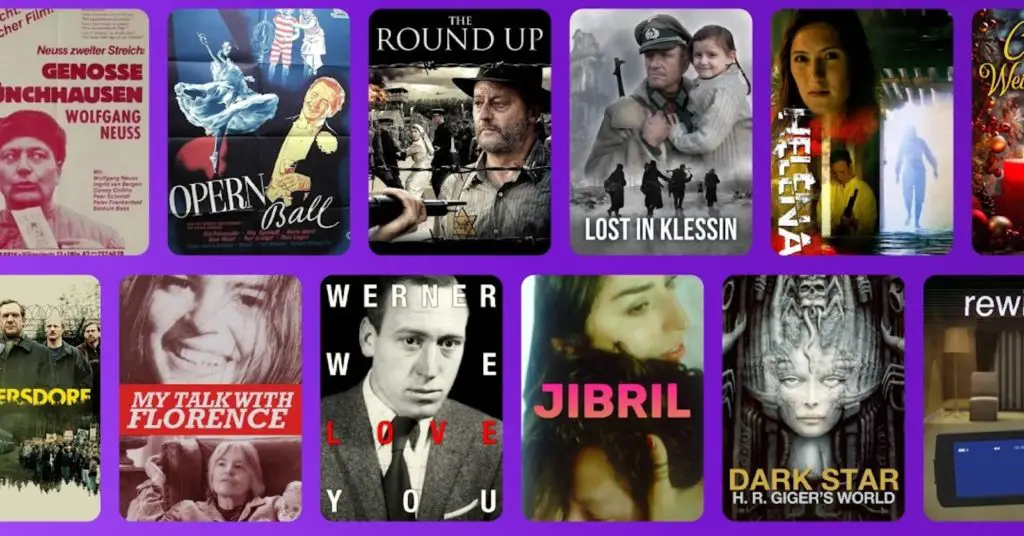
Welcome to Going Bionic, #181. One of the most important abilities to learn and master in the motion picture and television industry is to know what someone is saying about your project without them actually having to say it. Since much of this industry runs on hope in the face of constant rejection, most filmmakers prefer to sit on the hopeful side of the fence as opposed to dealing with the harsh realities of the situation. However, knowing what’s happening with your project can save you tremendous amounts of time, anguish and, ultimately, money. Thus, today we’re exploring three common situations when having the ability to “read between the lines” can help you get your project made, financed or sold. So, without further ado, let’s put on our “bionic reading glasses” and see what’s really going on.
It’s Not in Our Wheelhouse
Situation: When you submit a script, packed film that needs either all or part of their financing, or a completed film.
I love this term, because it’s a kinder and gentler way of letting you know they didn’t like your project. What’s funny to me is that if your project wasn’t in their “wheelhouse,” then why did they accept your submission in the first place? With every company having very direct mandates, i.e. being clear on what they will or will not develop, finance or distribute, this term often times signals non-interest in your project and or you.
The best way to combat hearing this is:
When you hear the fateful words, “it’s not in our wheelhouse,” don’t try to convince them to reconsider, because if they’re not 110% behind your project from the very beginning, they are not a place your project will thrive at. Instead, ask them what is in their wheelhouse, and if they’d be interested in developing a like-minded project with you to that effect. Should they shy away from wanting to work with you on a project other than the one you submitted, they probably don’t want to work with you. However, if they are open to the idea of crafting a new project with you, then you should jump at that opportunity.
Another way to combat “It’s not in our wheelhouse.”
In the event you’re dealing with a major studio or otherwise monstrous multi-billion dollar company, ask the person you submitted your project to if there is any other person at the studio who may respond more favorably. In other words, large corporations have multiple wheelhouses, and so your project may make sense for a person or division other than the one you submitted to. However, if they refuse to pass your project on to someone else, then they really didn’t like your project.
We Love The Writing, But….
Ha, ha, ha, ha, ha. I laugh every time I hear this (even when I hear it about my own writing), because the bottom line is, there are only three responses you ever want to hear when it comes to your writing being submitted.
1) “We love your writing and we’re buying your script.”
2) “We love your writing and we’re optioning your script.”
3) “We love your writing, but your script is not right for us, so we’re going to hire you for a OWA” (Open Writing Assignment).
Short of hearing either one of the three responses above, rest assured that your writing was anything but loved.
Not having the ability to read through the lines of hearing “We love the writing, but your script is not right for us,” can royally screw you in more ways than one. In fact, here’s two ways in which it can do its part in wasting a hell of a lot of your time.
1) It can give you a false sense of hope with regards to the quality and or readiness of your script to being sellable.
Simply put, if you keep hearing how much everyone loves your script, you’re probably not going rewrite it, even if it gets passed on 44 times.
Side Note: I didn’t just pull the number “44” out of thin air. I actually know someone who has had his current screenplay passed on 44 times, and yet he refuses to rewrite it because he keeps hearing how much industry professionals “love his script.”
2) Saying they “love your script” and then not buying it, means they don’t want to spend the time and effort needed to tell you what about your script didn’t work for them. Besides, if they’re not buying it, then they have absolutely no reason to help you make your screenplay better. Think about it, no company or person will ever want to help out a project they passed on, because there’s no upside for them.
Thus, the only barometer you need to gauge interest from a studio, distributor or financier, is if they pay you for your work. Everything else is just verbal bullshit.
We’re Not Looking at New Projects Right Now
When you hear, “We’re not looking at new projects right now,” take the initiative to ask when they plan to be looking at new material, and what kind of material they are looking for. If they’re interested in working with you, they’ll tell you exactly when their development submission window opens up, as well as what types of genres they’ll be look at. If you’re lucky, you may even get an idea of what budget levels they’ll consider.
Another thing to ask is what elements, if any; they need you to have in place before you submit your project to them. These elements can range from a business plan, to partial funding, to casting attachments, and everything else in between. You may also ask them how many new projects they generally pick up.
Lastly, make sure you actually contact them when they say their submission window will be open. Don’t bother them before that date, and don’t bother contacting them too far after that date. Simply put, if you want them to respect you as a creator, then you need to respect the guidelines in which they work in.
Okay filmmaker, that the lack of genius I have for you today. As always, I thank you for lending me your eyes, and I look forward to borrowing them again next Tuesday.
I can be followed on Twitter @Lonelyseal.


